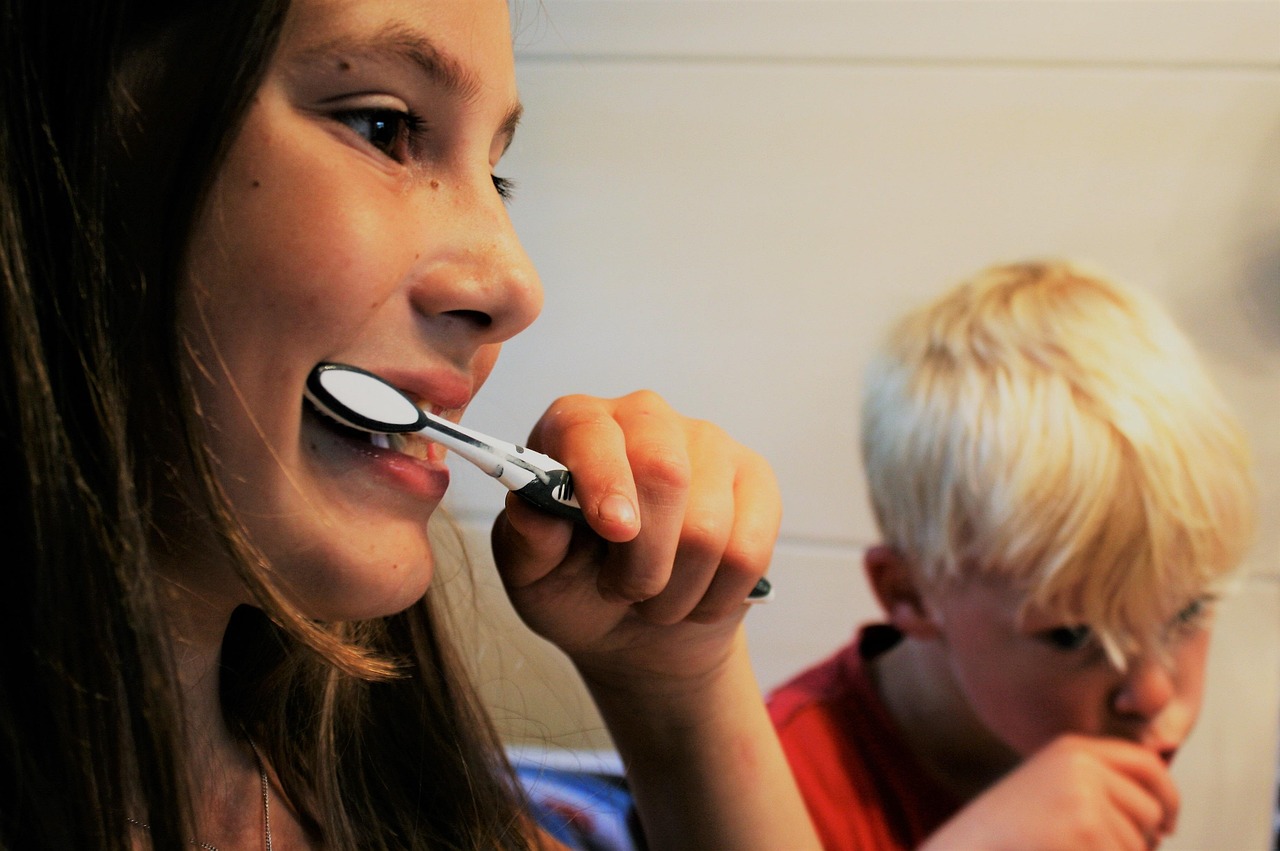Safe Whitening for Teens and Adults
A bright, white smile is often seen as a symbol of confidence and good oral hygiene. With social media influence and increased awareness about cosmetic dentistry, it’s no surprise that more teens and adults are turning to teeth whitening procedures. But the question remains: what age can you whiten your teeth safely, and when is it most effective?
In this guide, we’ll explore the teeth whitening age limit, safety considerations for teens, and the best age to start teeth whitening for long-lasting and healthy results.
What Is Teeth Whitening?
Teeth whitening is a cosmetic dental procedure designed to lighten the shade of your teeth by removing stains and discoloration. There are several types of whitening treatments available:
-
In-office professional whitening (e.g., Zoom Teeth Whitening)
-
Take-home whitening kits from your dentist in Vancouver
-
Over-the-counter products like whitening strips and toothpaste
-
Natural/home remedies (not always recommended)
While these options vary in strength and effectiveness, the safety of each method often depends on the user’s age, enamel condition, and overall dental health.
What Age Can You Whiten Your Teeth?

This is one of the most common questions among parents and young adults. While teeth whitening is generally safe for many people, age plays a critical role in determining whether or not someone is a good candidate.
Pediatric Dentistry Advice:
Most dental professionals advise waiting until at least age 14–16 to begin any form of whitening treatment. Here’s why:
-
Permanent Teeth Must Be Fully Developed: Children have a mix of baby and adult teeth before age 13. Whitening baby teeth can cause uneven results when permanent teeth erupt.
-
Enamel Thickness Varies with Age: Younger teeth have thinner enamel, making them more vulnerable to sensitivity and damage.
-
Gum Sensitivity: Younger teens may have more delicate gums that can react negatively to bleaching agents.
If you’re asking what age can you whiten your teeth, the safest answer is: not before age 14, and ideally with dental supervision after that.
Safe Whitening for Teens: What Parents Should Know
Teenagers often become self-conscious about their smiles—especially after braces or due to dietary staining. But is teeth whitening safe for teens?
Yes, with the right precautions.
Here are a few safe teeth whitening options for teens:
-
Whitening Toothpaste or Mouthwash
These contain mild abrasives and are safe for daily use. They won’t dramatically whiten teeth but can remove surface stains gradually. -
In-Office Consultation with a Dentist
A professional evaluation ensures the teen’s teeth are healthy enough and helps determine appropriate whitening methods. -
Custom Take-Home Kits
Dentists may offer personalized trays with a safe amount of whitening gel that teens can use under supervision. This reduces risks and improves outcomes. -
Avoid Over-the-Counter Products
Many strips and generic gels are too harsh for developing teeth. DIY treatments without proper application can lead to enamel erosion, gum irritation, or patchy whitening.
Remember: the safest path to a whiter smile for your teen is under the guidance of a dental professional in Vancouver.
The Best Age to Start Teeth Whitening

So, what is the best age to start teeth whitening? While this can vary from person to person, here are some general guidelines:
| Age Group | Whitening Recommendation |
|---|---|
| Under 13 | Not recommended – Permanent teeth and enamel not fully developed |
| 14–16 | Possible under supervision – Mild methods like custom trays or toothpaste |
| 17–19 | Good age for light professional whitening – Especially after orthodontics |
| 20+ | Ideal for all professional whitening methods – Most adult teeth fully mature |
Young adults in their late teens and early twenties often achieve the best results, as their enamel is healthy and more responsive to treatment.
Signs Your Teen or You Are Ready for Whitening
Not everyone needs teeth whitening. It’s important to assess whether whitening is necessary or if a simple dental cleaning will restore natural brightness.
Here are some signs someone may be ready:
-
Staining from coffee, tea, soda, or tobacco
-
Yellowish tint rather than gray (yellow responds better to bleaching)
-
No dental restorations in the front teeth (crowns or veneers)
Risks of Whitening Too Early
Whitening at the wrong age or without supervision can cause issues such as:
-
Tooth Sensitivity
Young teeth may become sensitive to temperature or pressure if whitening is done too soon. -
Enamel Damage
Strong bleaching agents can weaken enamel if used improperly or too often. -
Gum Irritation
Improper application can burn or irritate the gums, especially in younger mouths. -
Uneven Results
Whitening baby teeth or incomplete sets of adult teeth can lead to patchy color or mismatched teeth.
That’s why the teeth whitening age limit exists—not just for regulation, but for protecting long-term dental health.
Professional Whitening vs. At-Home Whitening for Teens and Adults
| Feature | Professional Whitening | At-Home Whitening |
|---|---|---|
| Safety | Supervised by dentist | Riskier if unsupervised |
| Speed | Immediate (1 visit) | Takes days to weeks |
| Customization | Tailored to your needs | One-size-fits-all |
| Cost | Higher | Lower (initially) |
| Effectiveness | Up to 8 shades in 1 session | Gradual and less dramatic |
For both teens and adults, in-office Zoom Whitening provides the most consistent, safe, and effective results. It’s especially ideal for events like graduations, job interviews, or weddings where fast whitening is needed.
Tips to Maintain a Brighter Smile at Any Age
Once teeth are whitened, you’ll want to keep them bright for as long as possible. Here’s how:
-
Brush twice daily with whitening-safe toothpaste
-
Limit staining foods (coffee, tea, red wine, berries)
-
Avoid smoking or vaping
-
Rinse your mouth after acidic meals
-
Use custom take-home trays for touch-ups (if provided by your dentist)
-
Visit your dentist in Vancouver regularly for cleanings
Final Thoughts: What Age Is Best to Start Whitening?
In conclusion, teeth whitening is safe and effective when done at the right age and under the right conditions. The general consensus is that 14 to 16 years old is the earliest safe window, but only with professional supervision.
For teens, starting with low-risk, dentist-approved whitening is the best approach. For adults, especially those 20 and older, professional whitening can deliver fast, dramatic, and lasting results.
Book a Consultation Today
At Arbutus North Dental Clinic in Vancouver, we offer safe whitening for teens and custom professional whitening solutions for adults. Whether you’re a parent exploring options for your teen or an adult ready for a smile transformation, our team is here to help.
Contact us today to schedule your personalized teeth whitening consultation.
